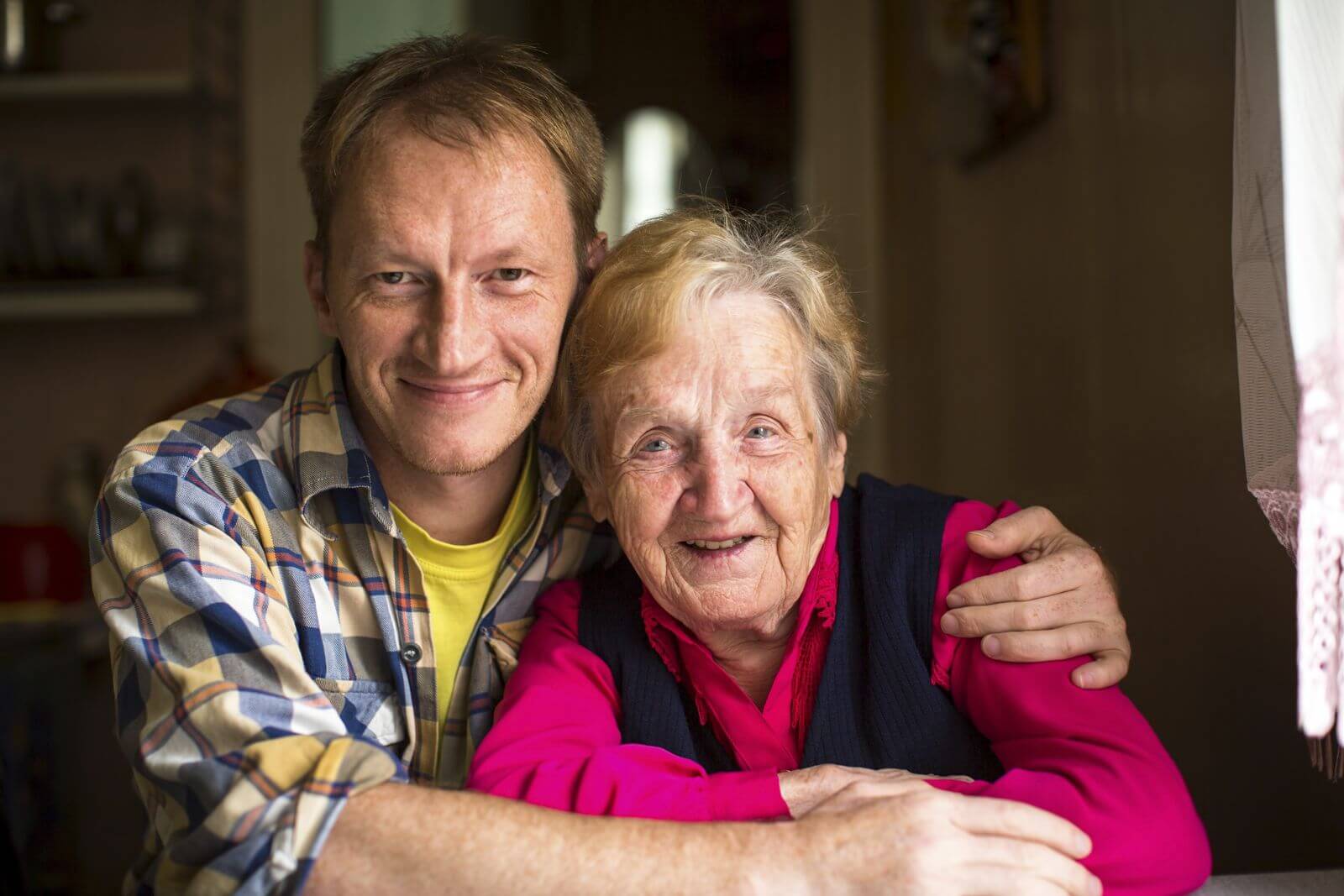
Page contents
Stress is damaging to your mental and physical health
If you are caring for a loved one at home, you may be juggling other factors such as childcare and holding down a job. While you may have many responsibilities, it is important not to try to carry an unbearable load on your shoulders. You need to make sure you look after your own mental health if you are caring for a family member as stress can be damaging to your mental and even physical health. It may even induce panic attacks.
Don’t pressure yourself to be perfect
To manage your responsibilities and minimise mental or emotional stress, organise your duties in a manageable way. Write a realistic daily to-do list with priority tasks at the top. Having a list like this helps stress in itself by helping you to feel more in control of your workload. It also boosts your wellbeing through the sense of achievement that ticking off tasks gives you, and is finite, allowing you to relax once everything is done.
Take time for yourself
Caring for others is a heroic undertaking but if you don’t look after yourself as well, you might risk mental health conditions and burnout. You may not see yourself as a priority but this is actually very important for those you care for too.
Poet Fred Varden, who cared full-time for his wife Sheila, who lives with dementia, advised: “If the carer goes down, it’s a domino effect. Caring for a loved one can be very stressful and a lot of people are in denial.”
Taking time for yourself is a great opportunity to relax, recharge and keep your mental health in check. If it’s possible to treat your caring duties as a job, i.e. having a set start and finish time every day, then all the better. Any time you can allot to yourself will give you something to look forward to and help you remember to value yourself.
Set aside some time every week for activities that are personal to you and make you happy. It can be a hobby, catching up with friends or physical exercise. Doing this, you should see a decline in stress levels due to the increased release of the hormone serotonin.
Exercise
It’s no secret that looking after your physical health is hugely beneficial to your mental health. If you’re relying on chocolate to get you through the day and not getting much sleep, you’ll soon start to feel the physical and mental effects.
Exercise is a famous aid to stress and depression. It’s also another act of self-care, a way to take time out to focus on you. Going for a daily walk or bike ride gives you fresh air, a change of scene and some valuable time to organise your thoughts.
Eat healthily
Good nutrition will give your body and mind the energy you need to care for your loved one. Do some meal planning and allot breakfast, lunch and dinner times into your daily schedule. Sometimes buying healthy, affordable food can be tricky but there are hundreds of inspirational blogs and recipes online to help.
Remember you’re not alone
Remind yourself that you are not alone in this. A huge number of people are caring for loved ones too.
If you’re struggling, reach out and talk to someone. Arrange regular talks with someone in the same position so you can both discuss your feelings and give each other advice. There are online carer groups you can join where you can share issues and feelings you have while caring for someone.
There are plenty of helplines available to call if you need to talk to someone with expertise in what you’re going through. You could choose a specific one for your situation or any particular mental health problem you may have, and speak to a trained and experienced advisor. Most are free of charge, open Monday to Friday and have an email option if you’d prefer.
Helplines
SANE
SANE specialises in support and guidance for people with mental illness and their families or carers. You can call them on 0300 304 7000, or go on their forum where you can speak directly to others in similar situations.
Carers Direct
They can give advice and emotional support especially for professional carers or those who care for a loved one. Their number is 0300 123 1053, or you can submit an email query.
The Silver Line
This helpline is for older people and can give advice on everything from mental health to managing your caring duties to financial worries. They are open 24 hours a day, 365 days a year, just call 0800 4 70 80 90 whenever you need support.

